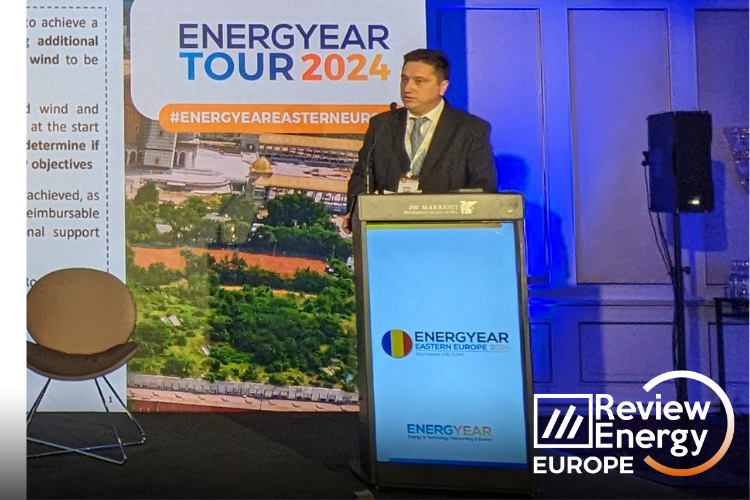
Romania aims to finance 6 GW of solar power capacity, including non-reversible subsidies
The inauguration of the first version of Energyear Easter Europe 2024, held in Romania, started with the intervention of the General Director, Energy Policies General Directorate, Ministry of Energy, Sorin Elisei. He discussed the updates and preparations required by the end of the month to submit the updated Comprehensive Plan (CP) to the European Commission, which will include a public consultation process. He highlighted the strategic planning towards 2030, focusing on the potential for over six gigawatts 6 GW of solar energy through various financing schemes such as national funds, Resilience facilities, and the Modernization Fund. Elisei also mentioned efforts to promote local manufacturing of photovoltaic (PV) panels, noting that Romania is a participant in the European Solar Charter and currently has active calls for PV panel manufacturing projects, with five companies already presenting substantial production capacities.
Emphasis on local production and strategic energy initiatives
Elisei emphasized Romania's progress towards self-sufficiency in renewable energy technologies, particularly through local manufacturing of photovoltaic (PV) panels. "Romania is a participant in the European Solar Charter and currently has active calls for PV panel manufacturing projects, with five companies already showing substantial production capacities," he stated. Additionally, Elisei addressed broader challenges in the energy sector, including the need to streamline permitting processes and promote consistent regional development strategies. He stressed the ministry’s focus on enhancing both large-scale renewable projects and smaller "prosumer" energy contributions, with substantial growth expected in this area within the next two years.
Expert panel discussion: navigating current and future energy markets
The morning progressed with the first panel moderated by Andrei Radu Buse, Associate Director - Energy Deals at KPMG, who delved into the dynamics of the renewable energy market in Eastern Europe. On the other hand, Alexandru Chirita, CEO of Electrica, shared insights into the resilience of Romania's energy sector and the strategic incorporation of renewable energy into their production portfolio. "We are currently finishing the first renewable solar park of 12 megawatts. We started constructing the second one of 27 MW and we’re working towards reaching the construction phase this year for another 130 MW," Chirita elaborated.
Challenges in grid integration and investment priorities
During the discussion, Chirita emphasized the critical role of upgrading the distribution network to effectively accommodate new renewable energy capacities. "Last year was the first year in a very long time when we managed to invest over 100% of our objective in the grid," he highlighted, underscoring the importance of continued investment and digitalization to manage the complexities of energy distribution.
Regulatory environment and future policy directions
In the same vein, Adrian Dugulan at PPC Renewables stressed the need for adaptive regulatory changes to foster a more conducive environment for renewable energy development. "The capacity market mechanism starting in January is a step towards mitigating the risk associated with scarce grid connections," Dugulan noted.
Market dynamics and project implementation
Addressing concerns about project feasibility due to grid connection issues, Dugulan stressed the unpredictable nature of project development. "The renewable market is like this... a lot of projects are being developed, and usually, many of them are not getting implemented," he pointed out. This reflects broader market dynamics rather than specific failures within the sector.
Highlight on successful projects and challenges
The debate was also joined by Favi Stelian, Managing Partner at Nofar Energy, who shared insights from successfully implemented projects in Romania, such as a 155 MW development completed amid challenging conditions. "The first big challenge was to find EPCs willing to work in Romania," Stelian noted, indicating a shift in the market landscape with more companies now entering the Romanian market.
The panelists agreed that while the renewable energy sector faces several hurdles, including regulatory and market challenges, there is a robust opportunity for growth and improvement, particularly with the right regulatory support and market conditions. "If it's possible, we will do it," Stelian concluded, echoing a sentiment of determination and optimism for the future of Romania's renewable energy landscape.
Conclusions and path forward
The conference sessions illuminated various aspects of Romania's renewable energy landscape, emphasizing strategic planning, regulatory support, and the critical role of technological and manufacturing advancements. Discussions reiterated the necessity for collaborative efforts between the government, industry stakeholders, and the community to meet the ambitious energy targets set for 2030.
Energyear Eastern Europe 2024 served not only as a critical platform for stakeholder engagement and policy discussion but also underscored Romania's proactive stance in spearheading renewable energy initiatives that align with broader European energy objectives. The conference set a hopeful tone for the future, highlighting the interconnected efforts required to foster a sustainable and economically resilient energy sector in Romania and beyond.

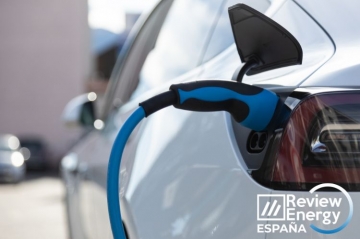
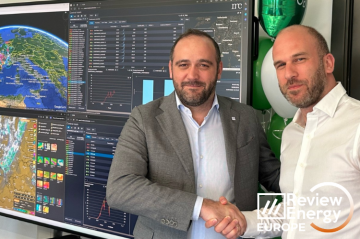
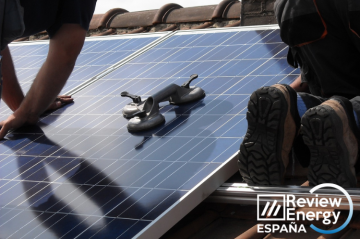
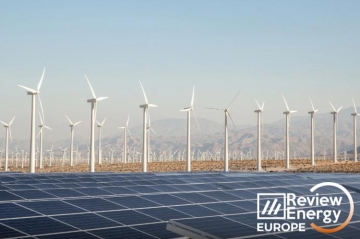
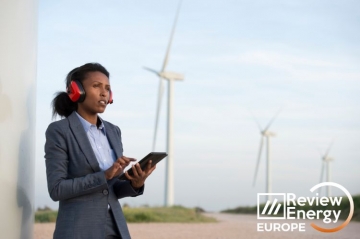
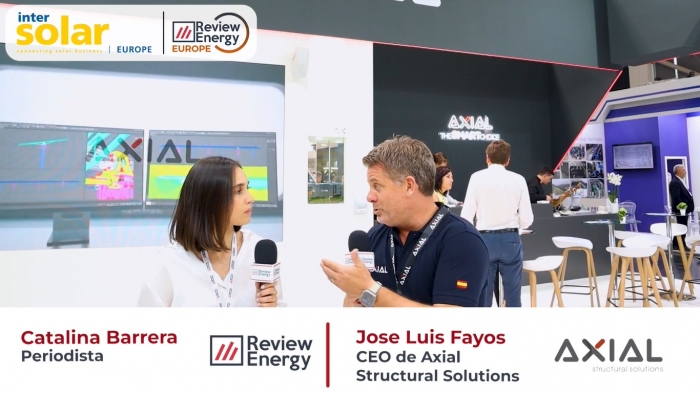

Comentarios
Sé el primero en comentar...